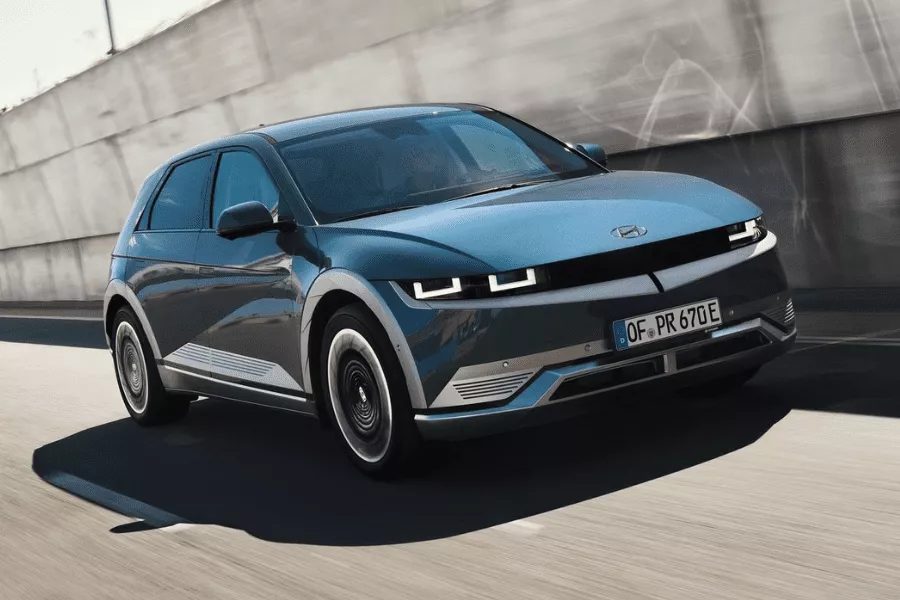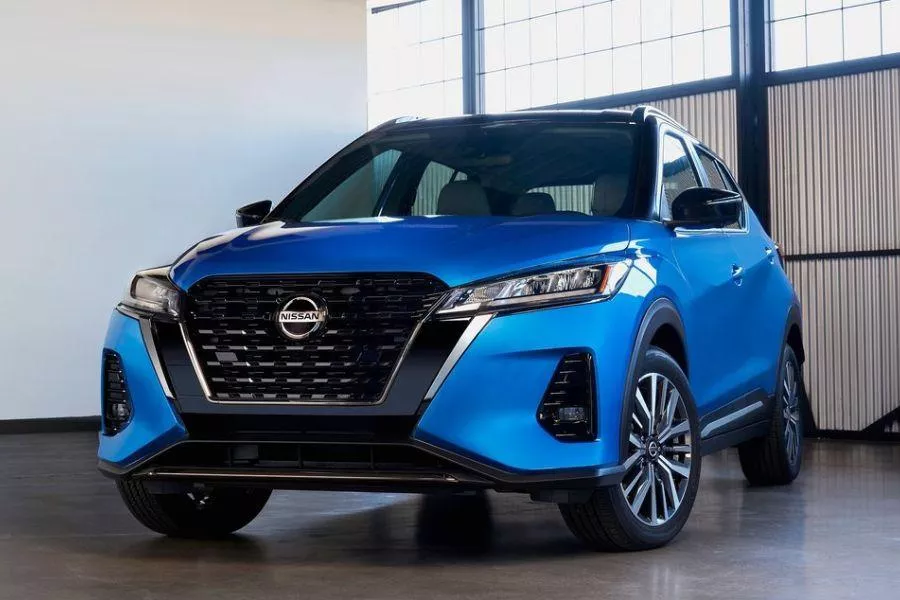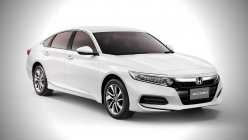Sports cars and hybrid vehicles indicate a polarizing choice between excitement and efficiency. What they do have in common is that customers are very happy with them, at least those residing in North America.

Customers have no regrets buying the Hyundai Ioniq 5, among other cars on the list
U.S.-based consumer advocate organization Consumer Reports released its annual list of Most Satisfying Cars, and for 2023, the thumbs-up list features a mix of sporty and fuel-efficient rides. Take note, this doesn’t necessarily mean that the cars have not been problematic, but that owners have had no regrets so far in buying them.
Here are the 10 Most Satisfying Cars to Own and their corresponding votes, according to Consumer Reports:
| Consumer Reports 10 Most Satisfying Cars to Own for 2023 |
|---|
| 1. Chervolet Corvette (94 percent) |
| 2. Porsche 911 (90 percent) |
| 3. Rivian R1T (88 percent) |
| 4. Ford Maverick Hybrid (88 percent) |
| 5. Hyundai Ioniq 5 (88 percent) |
| 6. Polestar 2 (88 percent) |
| 7. Subaru BRZ / Toyota GR 86 (88 percent) |
| 8. Toyota RAV4 Prime (87 percent) |
| 9. Kia Telluride (87 percent) |
| 10. Mazda MX-5 (86 percent) |
Consumer Reports says that the ranking stemmed from answers to a series of questions posed to its members. The replies were then analyzed to measure the current state of owner satisfaction over two to three years, compared against the group’s own testing and reliability ratings.
At the other end of the spectrum lies the 10 Least Satisfying Cars compilation, also by Consumer Reports, comprising mostly European and Japanese makes. These are:
| Consumer Reports 10 Least Satisfying Cars to Own for 2023 |
|---|
| 1. Volkswagen Atlas Cross Sport (38 percent) |
| 2. Mercedes-Benz GLB (39 percent) |
| 3. Infiniti QX50 (40 percent) |
| 4. Mercedes-Benz GLA (45 percent) |
| 5. Jeep Compass (46 percent) |
| 6. Kia Seltos (48 percent) |
| 7. Volkswagen Taos (48 percent) |
| 8. Nissan Kicks (49 percent) |
| 9. Nissan Altima (51 percent) |
| 10. Kia Forte (51 percent) |
Note that the Nissan Kicks included in the list is a different model from the PH-spec version, with the U.S. release using a standard 1.6-liter gasoline combustion (non-hybrid) engine paired to an Xtronic CVT. Likewise, the Kia Forte in question offers an available 2.0-liter gasoline direct injection engine along with a 6-speed manual, while the U.S.-spec Kia Seltos comes with a 1.6-liter turbo engine and all-wheel-drive.

The U.S.-spec Nissan Kicks that customers were not satisfied with does not come with e-Power hybrid tech
While the list is subjective, it still serves as a good guide for those who are looking for their first or next personal transport. If the Philippine car market had its own compilation, which brands do you think will be on the list?
See what other car owners think of their preferred brands at Philkotse.com.
Recent posts
- Lexus JD Power Vehicle Dependability Study Jun 10, 2021
- best car brands united states Feb 23, 2021
- Consumer Reports to rise Tesla’s ratings over Auto Braking Oct 13, 2020












